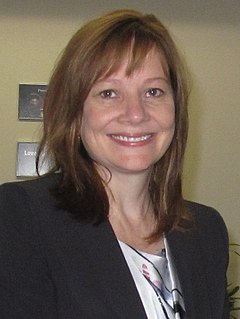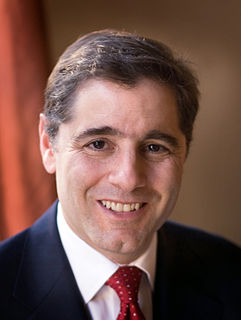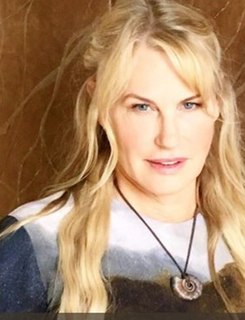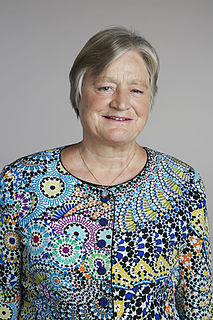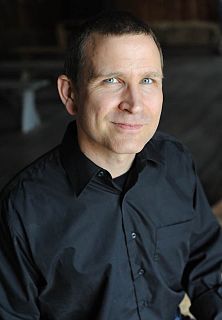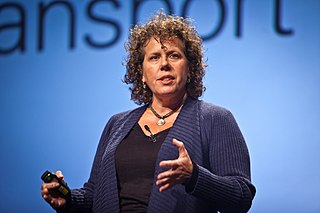A Quote by Anand Mahindra
A lot of people who can afford a vehicle are deciding against owning one. They just need access to transport. So, our job is to offer wider choices to consumers with more innovative models.
Related Quotes
Access to supercomputers. The science is well ahead of our ability to implement it. It's quite clear that if we could run our models at a higher resolution we could do a much better job-tomorrow-in terms of our seasonal and decadal predictions. It's so frustrating. We keep saying we need four times the computing power. We're talking just 10 or 20 million a year-dollars or pounds-which is tiny compared to the damage done by disasters. Yet it's a difficult argument to win.
Every time I sit down to eat, I cast my lot: for mercy, against misery; for the oppressed, against the oppressor; and for compassion, against cruelty. There is a lot of suffering in the world, but how much suffering can be addressed with literally no time or effort on our part? We can just stop supporting it, by making different choices.
With the internet we are facing more or less a very similar story. It does offer virtually limitless access to entertainment and for many people living in extremely depressing conditions in authoritarian states, it does provide a vehicle for getting by. For many oppositional movements, the internet, while providing the opportunity to distribute information more quickly and cheaper, may have actually made their struggle more difficult in the long run.
I think in some ways people kind of hate it, but most models recognize that it's a pretty easy job to make a lot of money at in a relatively short time, and you get to travel the world and meet a lot of interesting people. There are extreme highs and extreme lows. I think if it were as clear-cut as "models hate it," then they wouldn't do it. I really enjoyed a lot of the actual aspects of it, but not enough to make it my primary job. It can be quite empty, which is why I pursued other things.
I think we, as a fasion industry, need to hold people accountable for their actions. I want people to realize that models have a voice, and a powerful one at that. I want all models to be treated with more respect because that's what we all want - basic respect and to not be treated like objects with no will. I hope that models can be more empowered to say 'no' or give their opinion without being labeled as difficult. Modeling should be a collaboration. If the makeup artist, photographer and stylist all contribute, why can't models?

